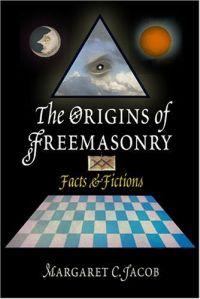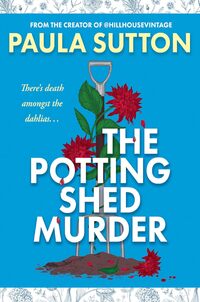

Purchase
Facts and Fictions
University of Pennsylvania Press
November 2005
168 pages
ISBN: 0812239016
Hardcover
Add to Wish List
Historical | Non-Fiction
Can the ancestry of freemasonry really be traced back to the
Knights Templar? Is the image of the eye in a triangle on
the back of the dollar bill one of its cryptic signs? Is
there a conspiracy that stretches through centuries and
generations to elevate this shadow organization with secret
rituals and ties to world governments and religions? Myths
persist and abound about the freemasons, Margaret C. Jacob
notes. But what is their origin? How has an early modern
organization of bricklayers and stonemasons aroused so much
public interest? In The Origins of Freemasonry, Jacob throws
back the veil from a secret society that turns out not to
have been very secret at all. As early as the 1650s, Jacob writes, records show how
impoverished English and Scottish guilds of stonemasons
began to admit relatives of members as well as prominent
figures with philosophical interests. By 1750, membership
was estimated in the tens of thousands, with perhaps a
thousand women among them, and by the time of the French
Revolution, well over 100,000 individuals in Europe and
America had taken the Masonic Oath to the Grand Architect of
the Universe. What factors contributed to the extraordinarily rapid spread
of freemasonry over the course of the eighteenth century,
and why were so many of the era's most influential figures
drawn to it? Using material from the archives of leading
masonic libraries in Europe, Jacob examines masonic almanacs
and pocket diaries to get closer to what living as a
freemason might have meant on a daily basis. She explores
the persistent connections between masons and nascent
democratic movements, as each lodge set up a polity—often
more honored in the breach than in the execution—where an
individual's standing would be based on merit, rather than
on birth or wealth, and she demonstrates, beyond any doubt,
how active a role women played in the masonic movement.
Membership implied an interest in government, as the lodges
often functioned as schools where brothers and sisters
learned to vote, to orate, to practice social discipline,
and, not least, regularly to pay "taxes" to their lodge. The Origins of Freemasonry separates fact from fiction,
revealing the truth about an organization that fascinated
the eighteenth-century public in much the same way it
fascinates us today.
Comments
No comments posted.
Registered users may leave comments.
Log in or register now!
| 


 © 2003-2025 off-the-edge.net
all rights reserved Privacy Policy
© 2003-2025 off-the-edge.net
all rights reserved Privacy Policy